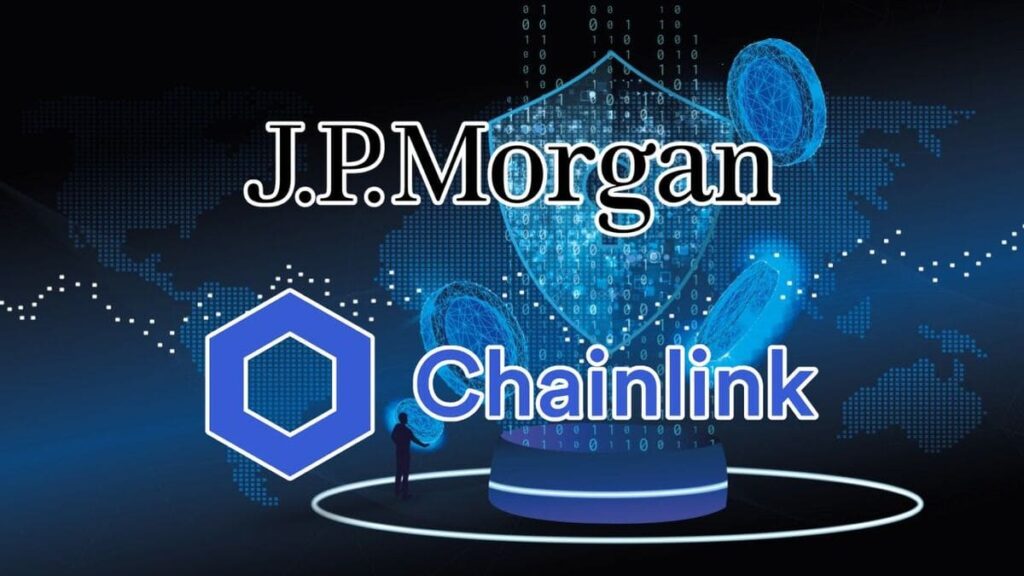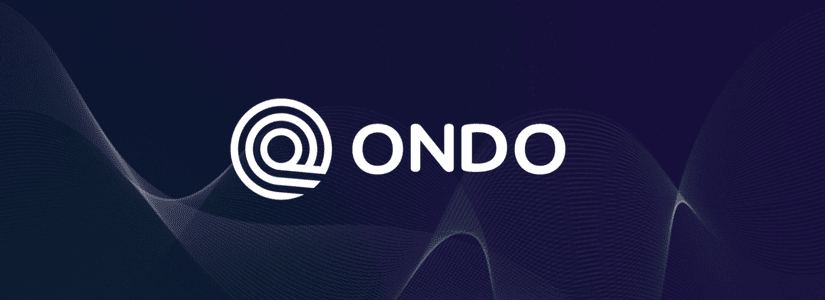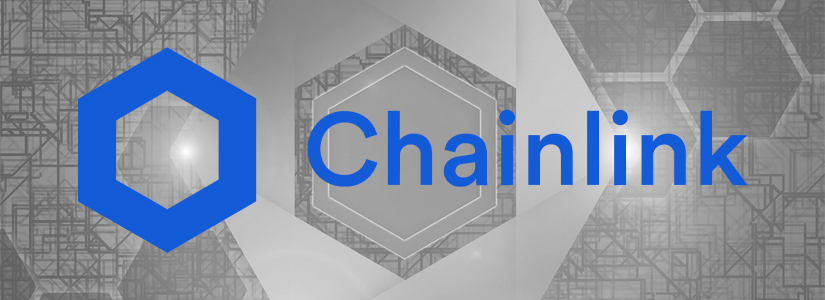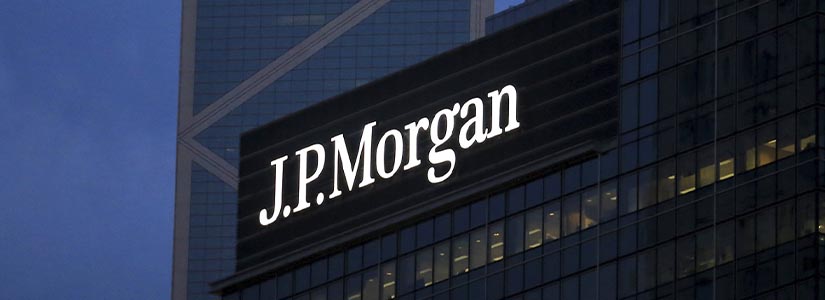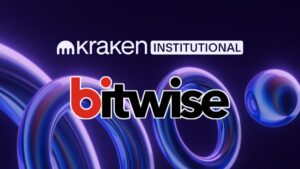TL;DR
- JPMorgan settled tokenized U.S. Treasuries using Ondo Finance’s public blockchain, connected via Chainlink’s oracle network.
- The transaction involved real money and broke with the bank’s policy of keeping blockchain operations within private environments.
- The bank plans to expand this hybrid model, combining institutional infrastructure with DeFi solutions in future deals.
JPMorgan completed its first financial transaction on a public blockchain, marking a historic milestone for the company.
From Private to Public
The operation, carried out in early May, involved the settlement of tokenized U.S. Treasury bonds through Ondo Finance’s blockchain infrastructure. To complete the transfer, the bank used Chainlink’s oracle network, which securely connected its private blockchain to the public chain in a fully operational environment.
For years, JPMorgan had confined its blockchain operations to private, client-restricted ecosystems under its control. This transaction breaks from that dynamic, executing a real use case for decentralized infrastructure in a traditional financial settlement. According to sources at Kinexys, the bank’s blockchain division, the agreement involved actual funds and a final settlement — not a simple test.
The Role of Chainlink’s Technology
Chainlink played a crucial role, providing the interoperability technology needed to link both environments reliably. Its protocol allowed the transaction to move between private and public systems without compromising security or data integrity. Sergey Nazarov, Chainlink’s co-founder, emphasized this wasn’t a trial but a fully operational deployment, marking the start of a new operational phase.
JPMorgan Targets a Hybrid Financial Model
This integration aims to solidify hybrid financial models that blend institutional-grade infrastructure with tools developed within the DeFi ecosystem. Until now, JPMorgan had conducted similar experiments, such as its 2024 trial with Siemens Digital, but this agreement is the first built for production use.
This development signals growing confidence in tokenization and cross-chain settlement processes. It also opens the door for other banks to adopt similar frameworks, accelerating the presence of public blockchains in regulated financial transactions. Kinexys confirmed its infrastructure is already prepared for additional operations of this kind, hinting at a stronger presence for these systems in the months ahead


